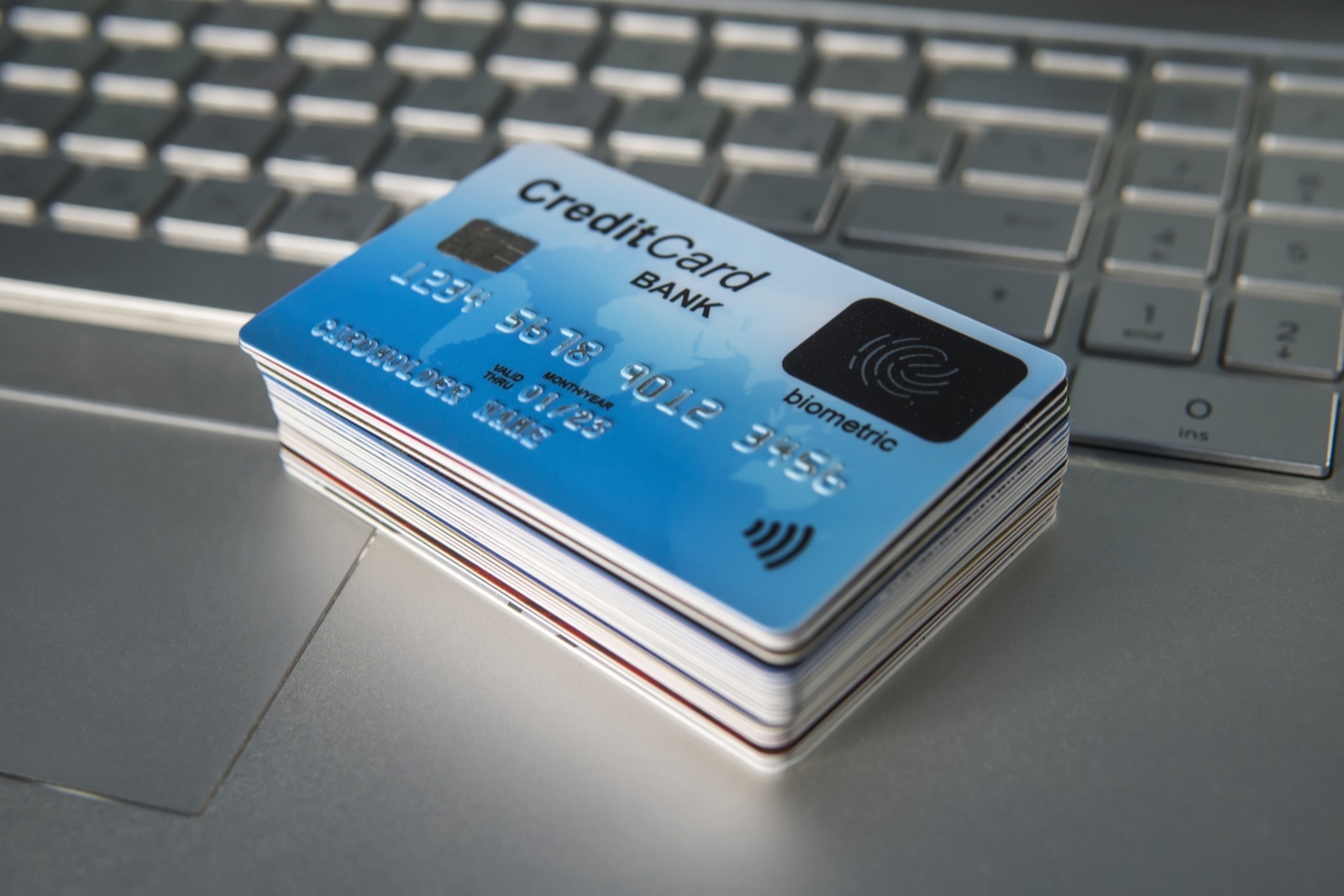For many people, getting a credit card can be kind of daunting. The sheer number of options out there can be confusing, and all of them have different perks and rewards. Contrary to popular belief, not all credit cards are the same and it’s in your best interest to do your homework and research all your options before choosing one.
It would be to your advantage to know the ins and outs of the different possibilities. With all those options, there will definitely be one that is the perfect choice for any situation. You need to know what you are looking for, and know how to search online.
If you are looking to apply for a credit card, these are the most important things you need to know beforehand.
1. Understand the Different Kinds of Perks
Selecting a credit card based on perks isn’t as simple as going for the most value. The fact of the matter is, all the various benefits aren’t really directly comparable to each other. There are so many different kinds that you need to select based on what they can do for you.
More importantly, the kind of card you choose will also define how you end up using your card. That’s why knowing the different types is so valuable before you decide to apply for credit.
Below is a list of perks and what they mean:
- Balance Transfer – This means taking the balance on an older card and putting it on your new one. If your new card has lower rates, you can save a lot of money on interest.
- Cash Back – One of the most straightforward perks, these give you a percentage of cash back for certain purchases.
- Gas Rewards – Similar to cash back rewards and possibly earn you more value, but can only be used to pay for gas.
- Retail Rewards – Some retailers have their own credit cards, and will give you deals or points if you use it at their store.
- Secured Cards – The main benefit of secured cards is that you can apply for them with poor or no credit, as they require a cash deposit as backup.
- Student Cards – These cards are designed specifically for students, so they can start building credit for themselves.
- Travel Rewards – Using your card will reimburse you with travel-related benefits, such as miles or even hotel rooms.
- Unsecured Cards – The opposite of secured cards, these require no collateral. As such, these are the most popular to apply for.
Studying the above list will help you narrow down what kind of card is best for you. If you don’t travel a lot, that obviously means travel rewards would not benefit you that much. Instead, look to apply with companies that offer the kind of rewards that would most fit your lifestyle.
2. You Won’t Have as Many Options for Your First Credit Card
One of the hard truths to get out of the way is that you won’t have as many options if this is your first credit card. The same applies to people who have a very short or limited credit history. There will still be cards out there, but just be aware of this fact.
Due to the way the credit system is designed, first-time applicants don’t have much leverage to work with. This results in not being able to apply for the best credit cards, or ones with a lot of rewards. You may not be able to get things like sign-up bonuses, or advanced airline rewards.
The reason for this is that those kinds of benefits are made to entice people with good credit. With so many different credit companies out there, perks are used to try to attract the best customers.
With this in mind, you may have to apply with one of the lesser-known companies. Also take a look at cards that are specifically for students, or for those with no credit history. Another option is to take a look into pre-qualifying for certain cards. That would certainly save a lot of time compared to applying blindly and getting rejected.
3. Know How a Card Will Impact Your Credit Score
How a credit card can change your credit score is a little more complicated than most might think. This is important, because having a good credit score can affect everything from car insurance rates to cell phone purchases.
The moment you apply for a credit card, your credit score will change. Anytime you do so, that information is added to your credit history. Not only that, but it will stay there for two years, and also affect your score for up to six months. You might think that getting declined for a card would negate this fact, but that isn’t true.
Inversely, applying and getting approved for a line of credit can be a huge boost to your credit score. Anytime you are given the opportunity to use and then pay back credit will improve your overall history. Always paying off your card on time and not being late indicates to lenders that you are reliable. Also, your payment history makes up a good chunk of your FICO score, so maintaining a good track record is important. Finally, having more available credit is beneficial to your total score.
This is why you need to know how credit cards can change your credit score. You need to remember that even applying for a card will impact your score. Once you get your card, using it responsibly can be a huge boon to your financial future.
4. Study Interest Rates and Fees Before Choosing a Card
Although cards can give you a lot of financial freedom and flexibility, high interest rates can be just as problematic. Having higher rates can add up unexpectantly, and be the difference between tens of dollars to several hundred. Annual fees will ad even more cost on top of that.
To take that kind of surprise out of the picture, study interest rates and fees before you even apply for a card. That information is always there as long as you know where to look. It’s not something that companies are allowed to hide from you.
In fact, they are required by law to have all of that information available for applicants. It also has to be available before someone applies for a card. Most often, you will be able to find those numbers on the application itself.
When filling out an application, be on the lookout for links or phrases like “rates and fees” or “pricing and terms”. Many times, the rates will also be outlined in a box or a table. The cost of owning a card can be calculated through finding the APR, annual fees, and late fees if you forget to pay your bill on time. That isn’t to say that you are the kind of person that would forget to pay a bill, but planning for every scenario is always a good thing.
One of the biggest mistakes you can make is applying for a card you can’t afford. If all of the fees and rates look like it would be a problem for you, just keep looking for a different card.
5. Always Search All the Options and Compare Them
In addition to knowing all of the options, you really need to compare them to one another. That will help you narrow down the multitudes of credit companies to a select few.
Different credit cards are so different that analyzing them next to each other is the only way to determine which is the best for you. Which has the perks that would directly impact your life? Which has the most benefit for the amount of fees that you’ll pay? All of this is information you can gather before applying, and then figure out if it’s the right fit.
The biggest weapon you have on your side is knowledge, and that is acquired through shopping around. Once you are armed with the proper information, you will be able to select the best credit card to enrich your life.




